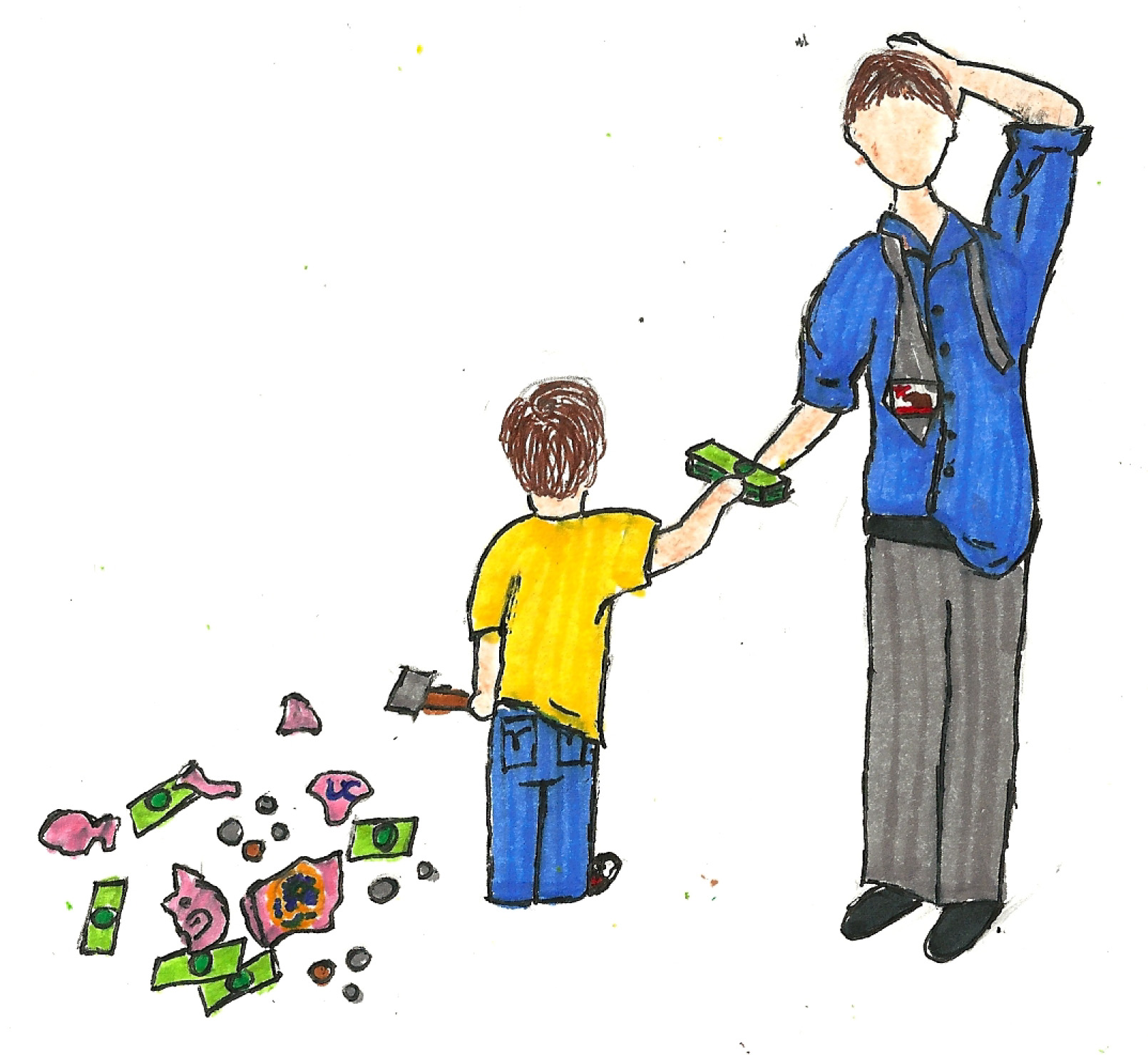UC’s generous $200 million loan to the state will reap rewards in the long run

By mary clark
Feb. 10, 2012 12:43 a.m.
California needs to find cash soon, according to a letter to Congress from the California State Controller John Chiang. To track down these funds, the state has come up with some creative options, including borrowing from the University of California.
A projection released by the state controller’s office said that the state would go to the UC for a $200 million loan to be issued March 2 if needed. The university has agreed to lend the money, according to Dianne Klein, a spokeswoman for the UC.
Although this transaction sounds strange, like a child lending money to its parent, it was prudent on the part of the UC to agree and display trust in the state it relies on.
At this point, there is a strong possibility that the state will in fact need this loan (and many others from different internal and external sources), according to Jacob Roper, a spokesman for the state controller’s office.
In 2009, Congress passed a law allowing the state to borrow from the universities. It should be noted that the state’s borrowing history with the UC is not especially faith-inspiring ““ the state currently owes the UC $1.7 billion from borrowing in recent years.
But why would the UC lend to the state with no money and a history of unpaid debts?
The university has a higher credit rating than the state, allowing it to borrow money at a lower interest rate. So the plan is for the UC to borrow money at .5 percent interest and lend it to the state at 2 percent interest.
Although the financial gain for the UC would be minimal, it could still result in some profit from the higher interest rate. But what is truly questionable in this transaction is the relationship between the UC and the state.
The UC does not exist without state funding, and if the state has no money, the UC has no money. So although it seems counterintuitive that the university should have to lend money to the state in order to ensure greater financial stability for itself, the financial health of the university is ultimately dependent on that of the state.
It was farsighted on the part of the UC to recognize the importance of cooperating with the cash-strapped state, even if only to look out for its own interests.
In a perfect economy, or even just a decent one, the state should never have to make a request like this. But the simple reality of the state’s economic situation should be enough to justify the loan. Would the UC rather lend $200 million now or face deeper budget cuts as the state’s cash reserves run dry and its credit rating continues to drop?
The hope, though admittedly an optimistic one, is that this loan will help stabilize the treasury and the state will repay not only this $200 million on time but also the remaining debt soon.
A little-acknowledged aspect of this agreement is that the state loaned $200 million to the UC last July for building projects throughout the UC’s 10 campuses. So the loan the UC has now agreed to make is equal to the amount owed to the state.
Thus, the debt owed to the UC will technically not increase. In fact, if the state returns this loan on time, the UC may receive some of its money sooner than it would have otherwise.
Klein said that while this transaction is not ideal for the UC, it is simply what needs to be done at this time. In the future, she added, a new system needs to be devised in which the UC has a steady budget from the state and is not constantly scrambling to make ends meet.
The UC can ask that the state give more funding and reduce cuts, but the fact of the matter is, despite all of the system’s flaws, the university depends on the state. At least for now, the UC is wise to show its willingness to cooperate with the state with a forward-looking attitude, lending a hand in hopes that the state will return the favor.
Email Clark at [email protected]. Send general comments to [email protected].


